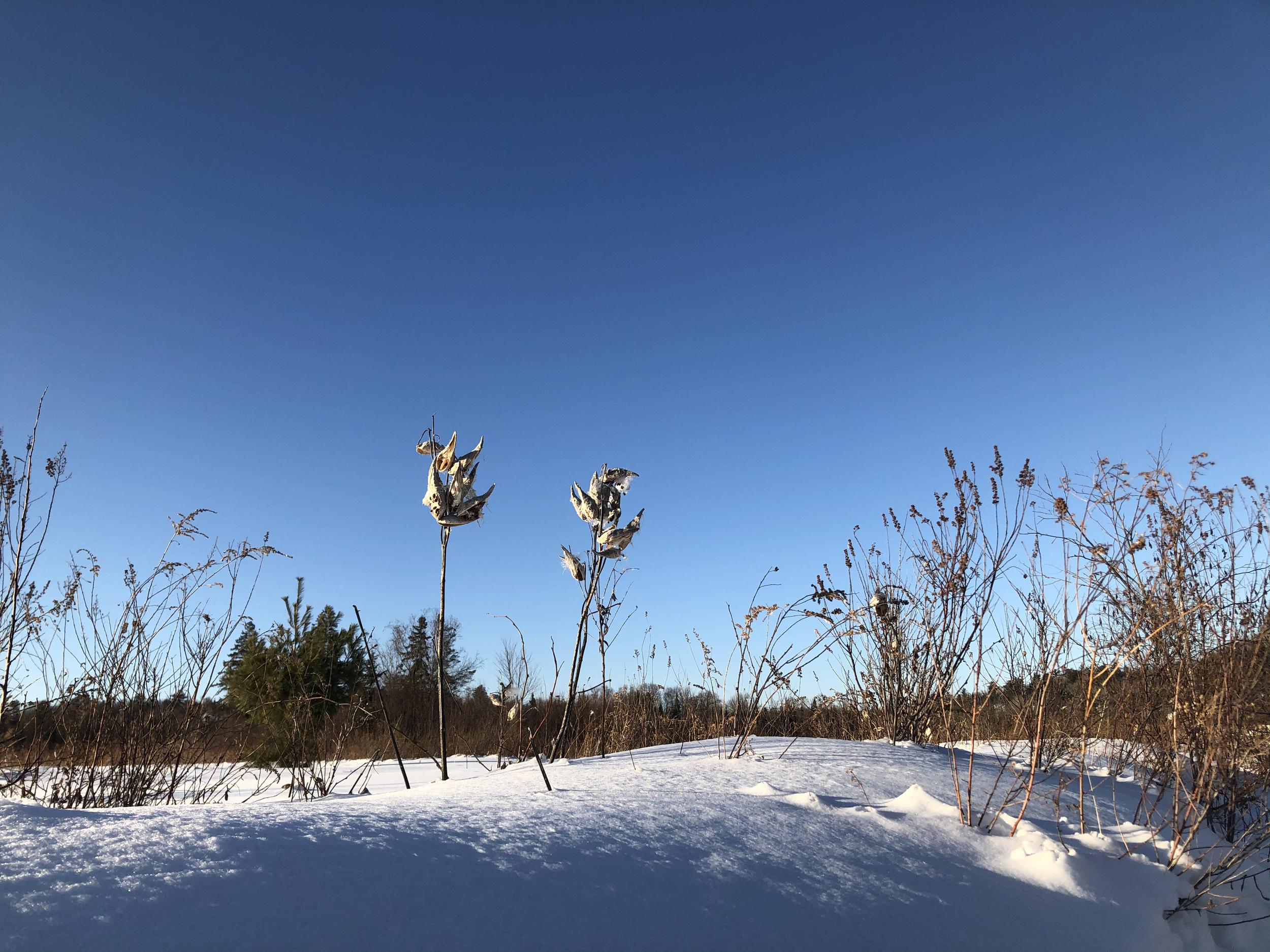
We can leverage the healing powers of the creative self to help trauma survivors heal and become agents of healing in their communities. I know this because, 20 years ago, I shared a single poem that ignited a decade-long global social justice movement exploring and harnessing the transformative and healing power of art. That poem is now included in the recently published anthology We’ve Been Put Through Fire and Come Out Divine: Stories of Hope & Survival, a collection of poems and short prose pieces written by fellow survivors.
As I write this, I reflect on how my personal experiences with trauma and healing have shaped my goals and aspirations, led me to study Adlerian theory at Adler University, and my gratitude for the truly groundbreaking work and teachings of Alfred Adler and the scholarship and teachings of Marina Bluvshtein, Ph.D. My story is not just a story of survival, but about harnessing and spreading the healing powers of the creative self as a catalyst for change.
In my graduate application to Adler University, I described my vision for facilitated writing workshops for survivors of violence, advocating for social justice. My aim was to spread my understanding of art and trauma and to learn how best to develop workshops offering a safe space for listening to, nurturing, and freeing silenced voices.
Years before applying to Adler, while a graduate student in Philosophy at the University of Illinois in 2005, I began writing poetry about my assault and its aftermath. One poem, “What I Was Wearing,” details the clothing I wore during the assault. This poem resonated deeply with other survivors and those affected by sexual violence. In 2014, it inspired the art installation “What Were You Wearing?” (WWYW), combining survivors' words with outfits representing their attire during the assaults.
WWYW exhibitions allow survivors to reclaim their stories and challenge victim-blaming myths. Over the past decade, these exhibits have been held globally, at college campuses, military bases, and nonprofit organizations. This movement inspired me to create workshops embodying Adlerian principles of collective reflection, collaboration, and activism.
At Adler University, Marina Bluvshtein’s teachings on gemeinschaftsgefühl—the idea that our health is rooted in community connections—became a foundational component of my workshops. This sense of belonging was essential for their success. Through the workshops, participants, including myself, reclaimed our stories and decided how to incorporate and give meaning to them. As Dr. Bluvshtein emphasizes, we have the power to assign meaning to our experiences and decide our responses.
In the past two years, the workshops have shown how our stories can create a sense of belonging, help us discover our voices, and bear witness to each other. Our stories shape our perceptions and have the power to change history, both preventing future trauma and reclaiming past experiences. Writing in community with other survivors has brought hope and a sense of belonging, revealing that we are not defined by our trauma but can choose how to incorporate and give meaning to our life experiences.
I am deeply proud of how Adlerian theory and Dr. Bluvshtein’s scholarship have influenced my work. The publication of We’ve Been Put Through Fire and Come Out Divine: Stories of Hope & Survival by Amherst Writers & Artists Press in January reflects the Adlerian practices of collective reflection, collaboration, and activism. Following Dr. Bluvshtein’s advice to choose the courageous path has led to profound change.
If you or someone you know has experienced sexual assault, contact RAINN’s National Sexual Assault Hotline for free, confidential, 24/7 support in English and en Español at 800.656.HOPE (4673) and online at RAINN.org and RAIN.org/es.